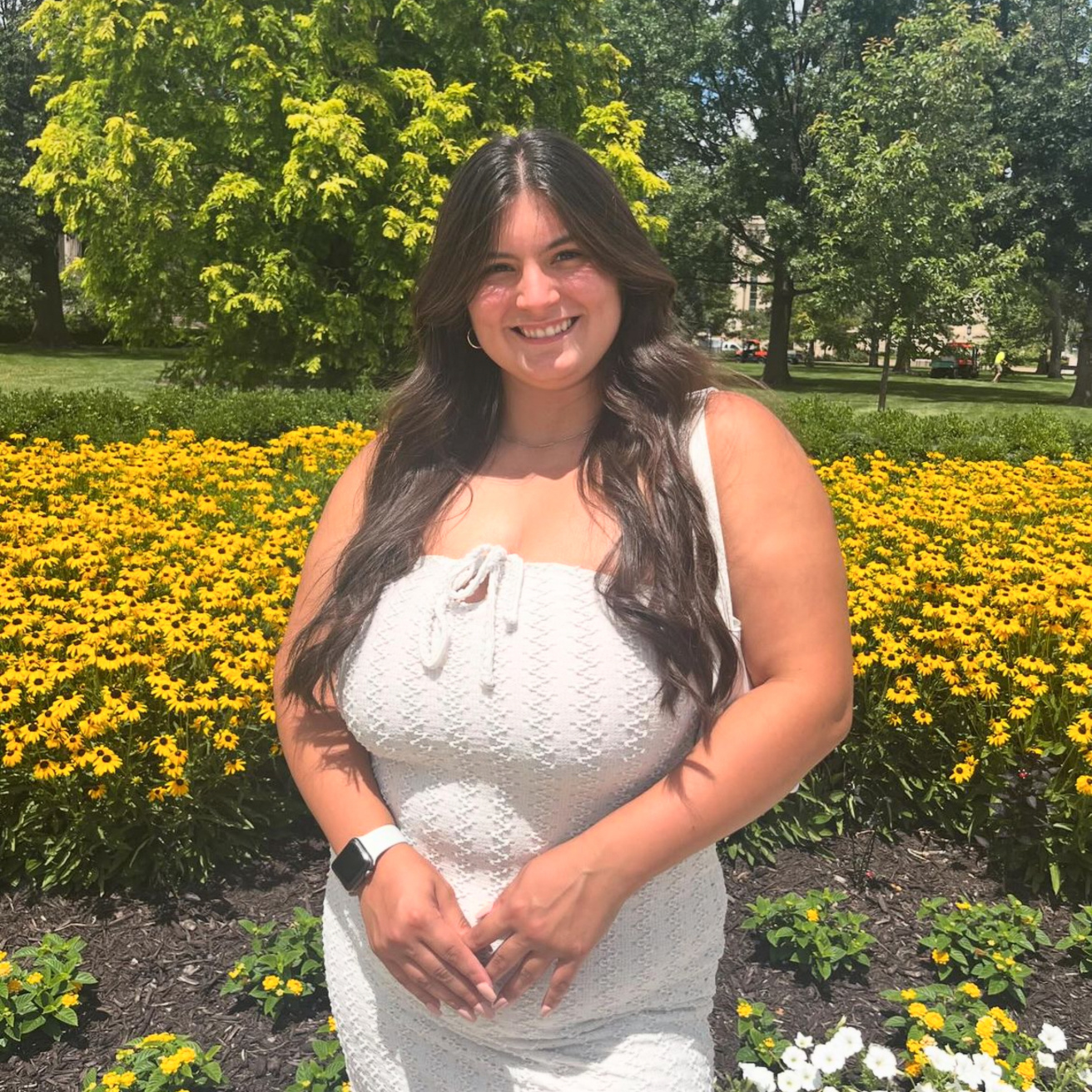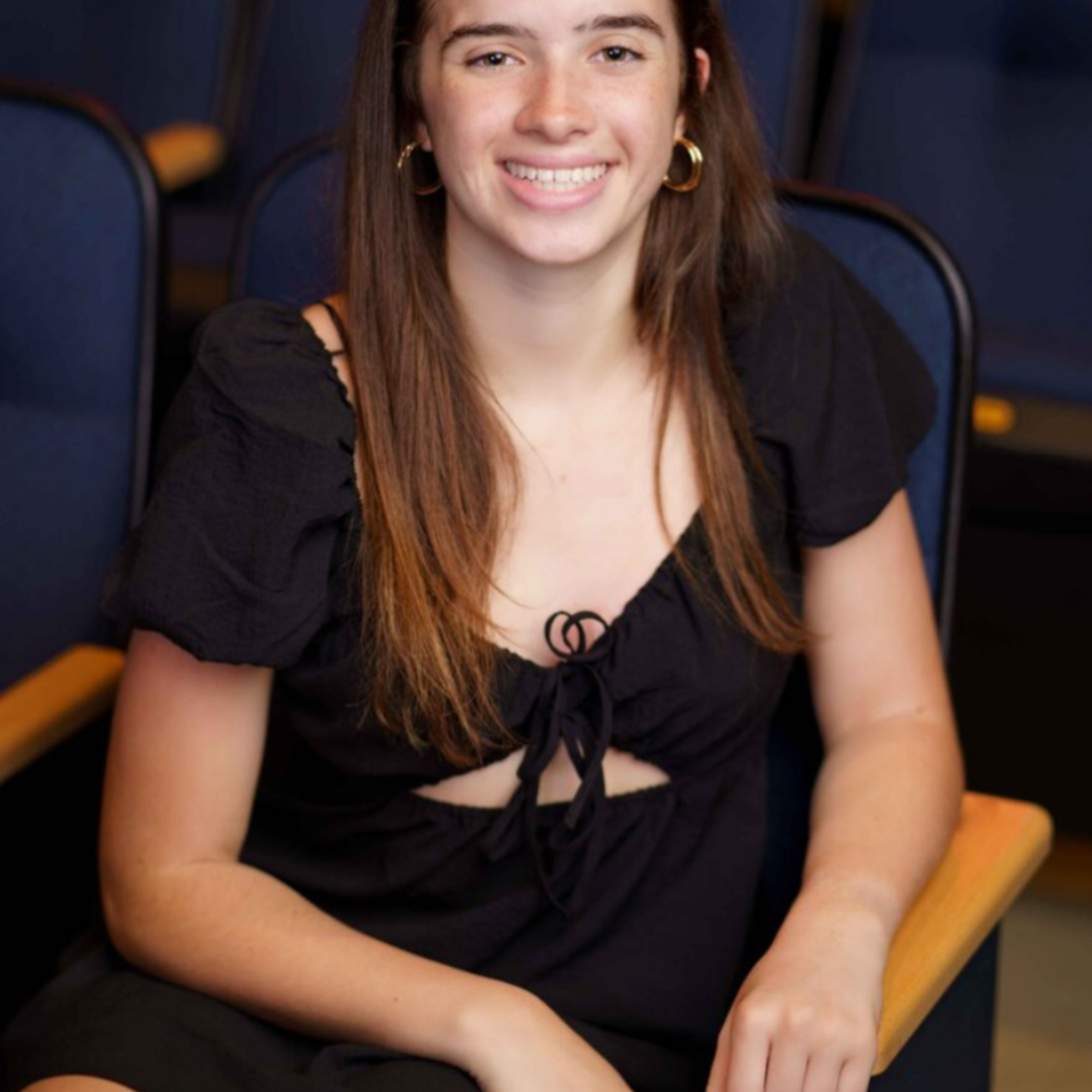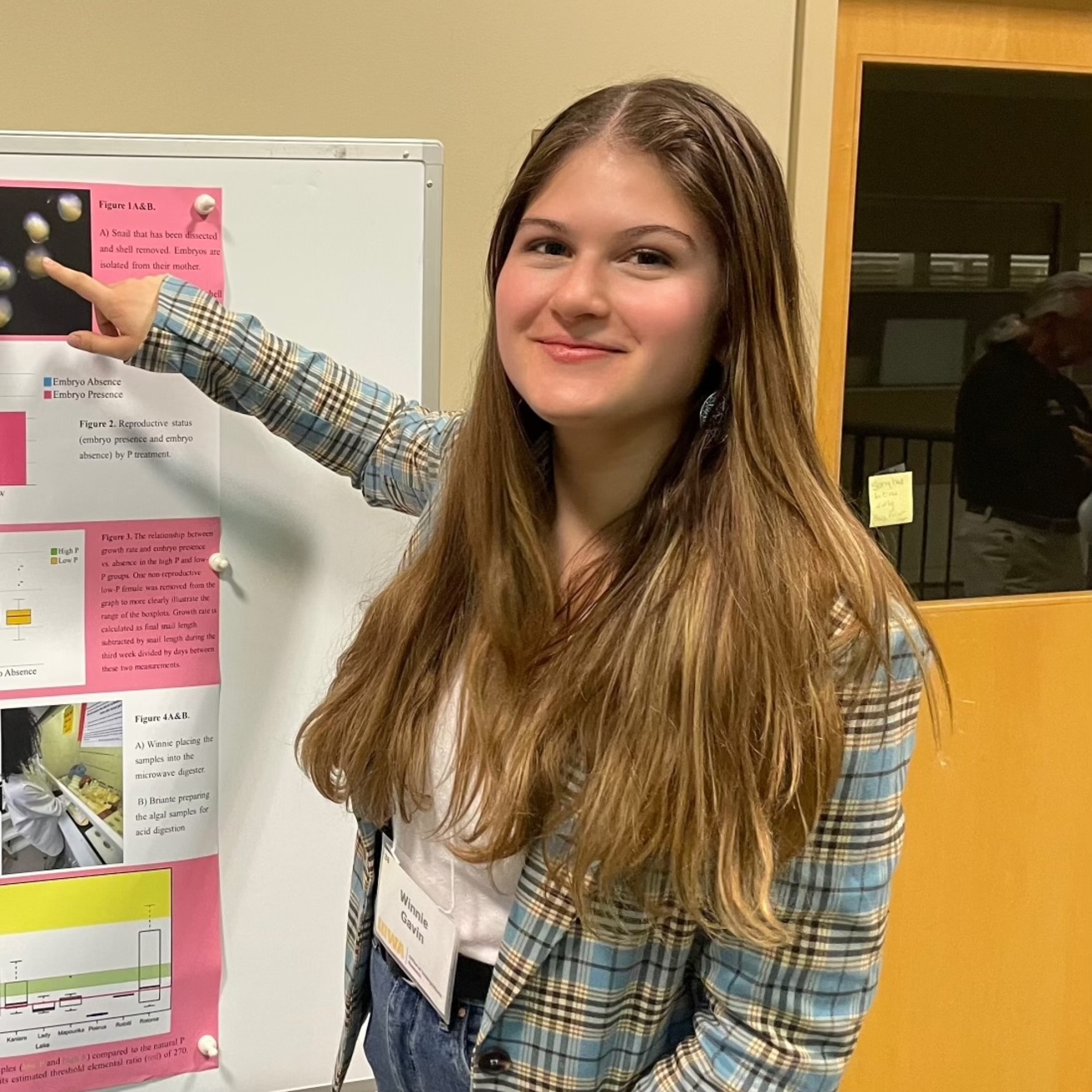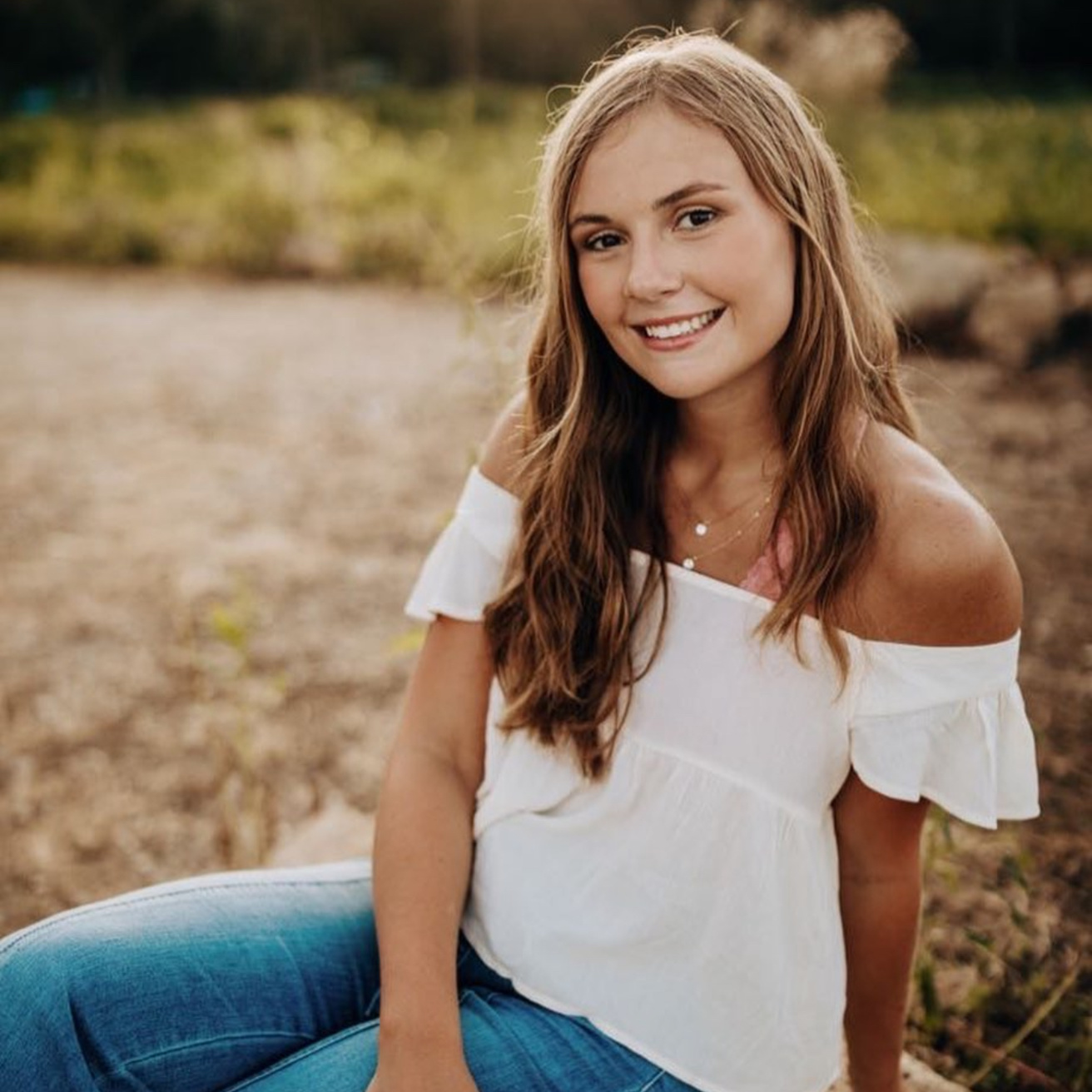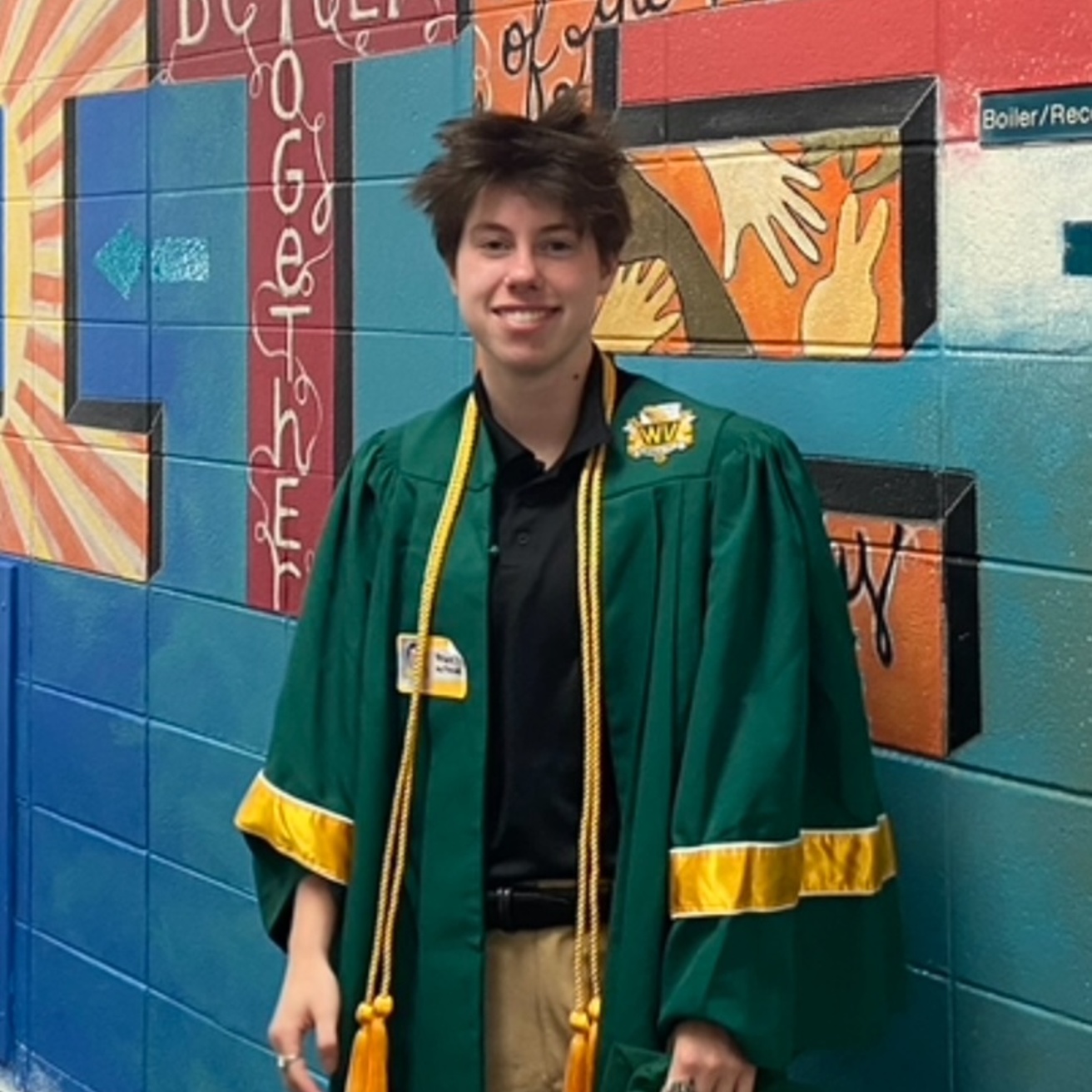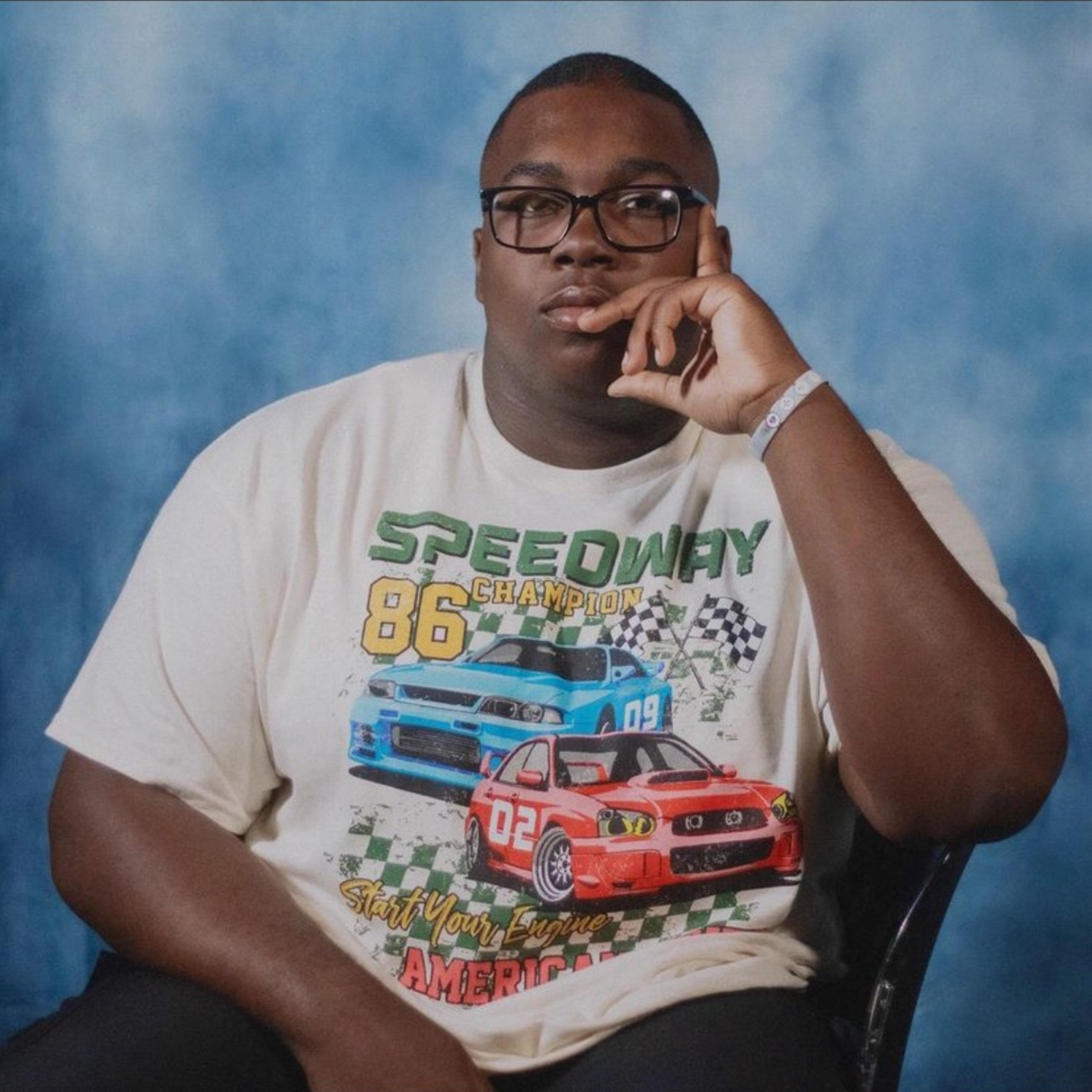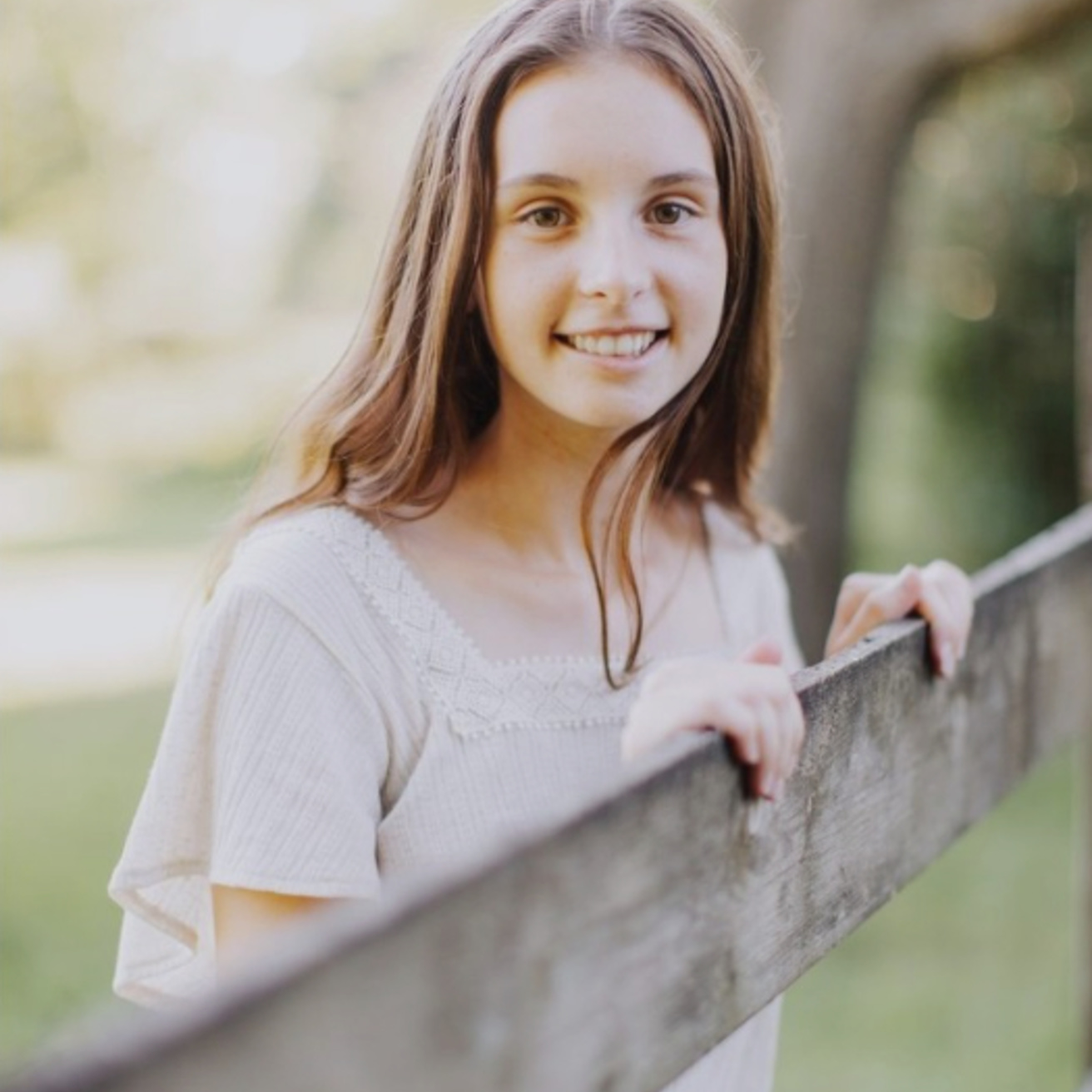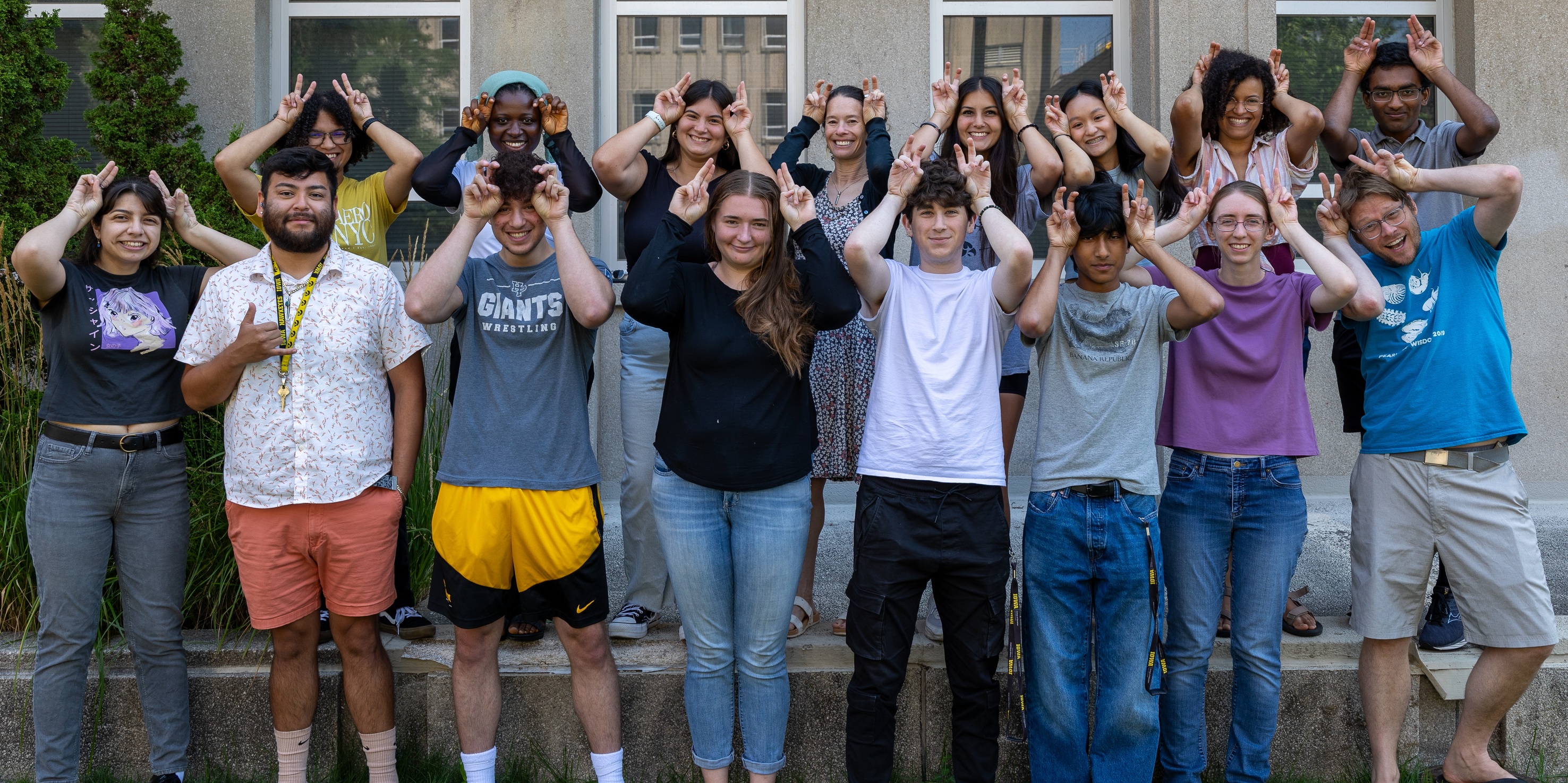
The Neiman lab is committed to creating an inclusive and equitable lab space that celebrates human diversity. We recognize the barriers that members of historically marginalized groups face both in society and in science. We are committed to dismantling these barriers by listening and educating ourselves and by taking appropriate actions when necessary.
Maurine Neiman (she/her)
B.A., Biology, Carleton College 1999; Ph.D., Evolutionary Biology, Indiana University 2004. Advisor: Curt Lively.
I am fascinated by biological diversity and by the simultaneous operation of adaptive and non-adaptive evolutionary processes within organisms, populations, and lineages. Sex, with all its complexities, encompasses all of these interests. In particular, I am interested in using comparisons of sexual and asexual individuals, lineages, and genomes to better understand the advantages and disadvantages of sexuality, evolutionary constraints that limit asexual success, and why sex persists in some natural populations but not others.

GRADUATE STUDENTS, LABORATORY TECHNICIANS, AND POSTDOCS
Clare Mulcahy (she/her)
B.S. Biology, Cell and Molecular Concentration, Saint Vincent College 2023; Ph.D. student, 2023-present.
I'm interested in mating behavior in Potamopyrgus antipodarum. Because P. antipodarum vary widely in sex ratios in their native populations, I'm investigating how different sex ratios might affect their mating behavior.
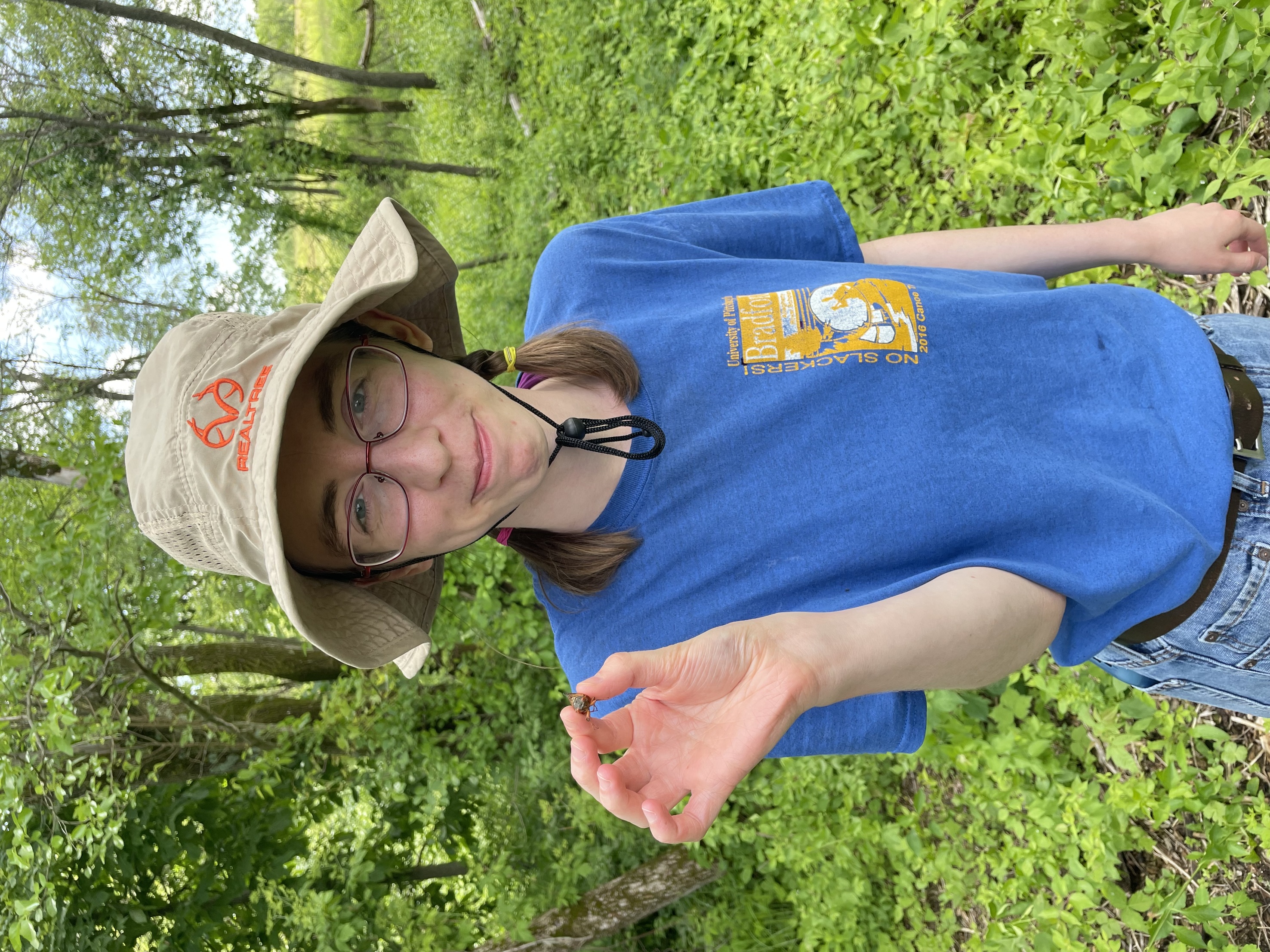
Srivarshini (Varshu) Saravanakumar
B.Sc., Biology- Emphasis Molecular Genetics, University of Wisconsin-Platteville 2021; Ph.D. Student, 2023-present.
I am interested in quantifying mutation rate and spectra and mutation accumulation in asexual lineages of P. antipodarum, addressing important evolutionary hypotheses regarding the generation and consequences of genetic variation. I am also exploring the potential of evolutionary simulation of mutation accumulation and genomic structural changes to model the consequences as sexual snail lineages transition to asexuality.
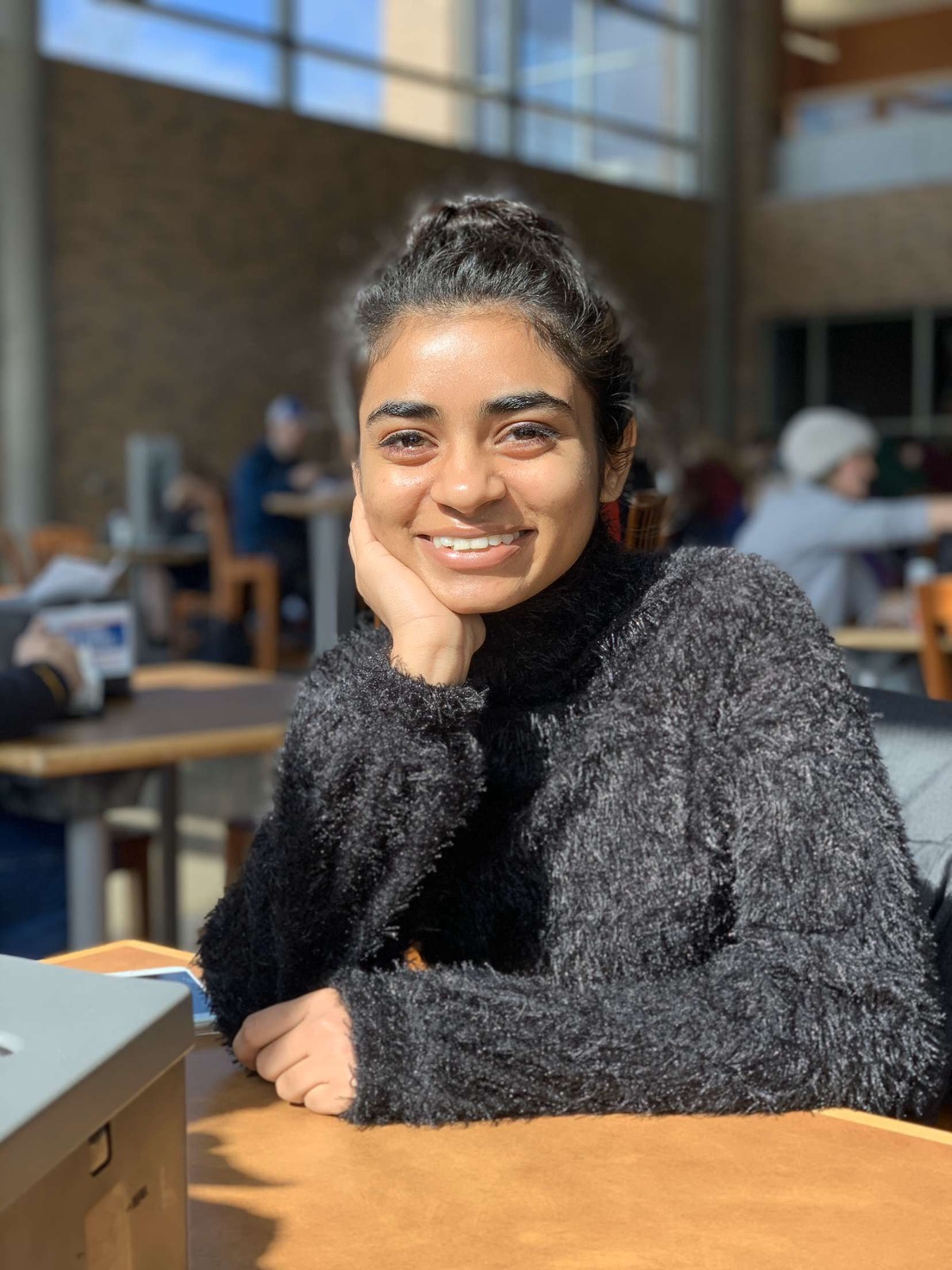
Guy Snow (co-advised with Dr. Anthony Fischer)
B.A., Biology, Coe College 2023; Ph.D. Student, 2025-present.
I am interested in how bacterial infections (Staphylococcus aureus) evolve over time during chronic lung infections. My particular focus is in using whole-genome sequencing of bacterial isolates collected from the lungs of cystic fibrosis patients to characterize mutations that lead to immune system evasion, antibiotic resistance, and hypermutation.

UNDERGRADUATE RESEARCHERS
Adriana Castelleno
B.A., Biology, University of Iowa 2027.
Seren Castelleno
B.S., Biology & B.S., Anthropology, University of Iowa 2026.
Lexi Collins (she/her)
B.S., Neuroscience (Pre-med track, Psychology minor), University of Iowa 2026.
Winnie Gavin
B.S., Biology (Pre-med track), University of Iowa 2026.
Sarah Hall
B.S., Health & Human Physiology (Pre-med track), University of Iowa 2026.
Joy Hamiel
B.S., Biology & Spanish minor, University of Iowa 2029.
Payton Luett
B.S., Health & Human Physiology (Pre-dental track), University of Iowa 2026.
Peter Nitsche
B.A., Biology, and B.A., English & Creative Writing, University of Iowa 2028.
Tae' Shaun Presswood (he/him)
B.S., Exercise Science (Pre-med track), University of Iowa 2027.
Alexander Pribnow
B.S., Health and Human Physiology (Pre-Physician Assistant track), University of Iowa 2027.
Katie Prichard
B.A., Biology (Pre-med track), University of Iowa 2027.
Kami Stork
B.S., Health & Human Physiology (Pre-med track), University of Iowa 2027.
Luca Angerer Sueppel (he/they)
B.A., Biology & Spanish minor, University of Iowa 2028.
Jennifer Tian
B.S., Integrative Biology, University of Iowa 2028.
Cooper Wadle
B.S., Biology (Genetics & Biotechnology track), University of Iowa 2027.
